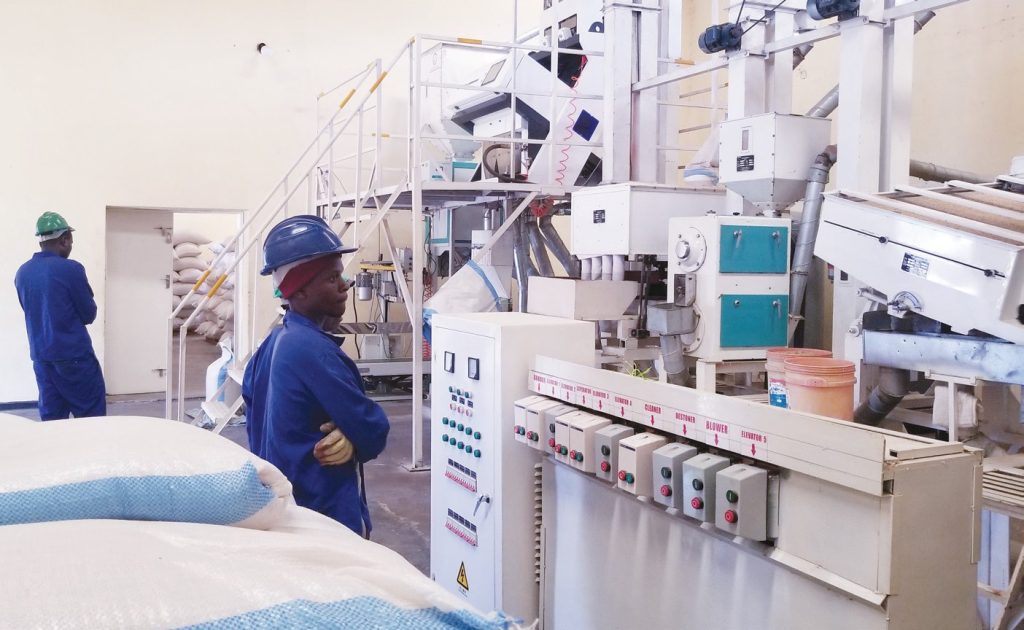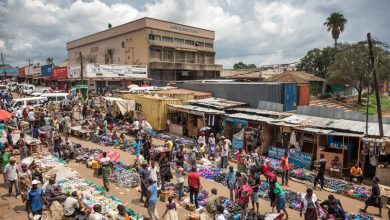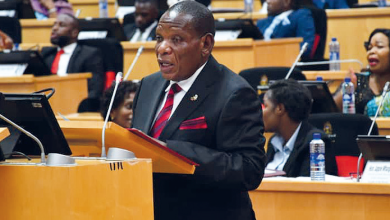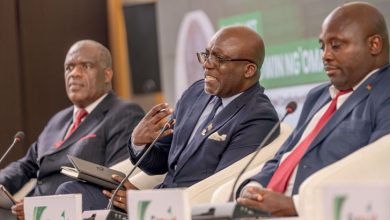Agcom supports 107 agro value-addition facilities
The five-year $293 million (about K513 billion) World Bank-funded Agricultural Commercialisation (Agcom) project has financed the construction of 107 agricultural value-addition facilities nationwide, an official has said.
Agcom monitoring and evaluation specialist Nicholus Mkandawire said this in an interview on Friday after a visit by National Planning Commission (NPC) officials to one of the value-addition facilities in Karonga District.

He said the project has distributed about 5 000 agriculture machinery and equipment for agricultural production and processing and also constructed 260 warehouses and aggregation centres nationwide to help farmers in post-harvest management.
However, Mkandawire said the project plans to rope in more cooperatives and farmers into value- addition as they process new applications.
He said: “The numbers are relatively small because we have supported 360 groups and the ones that are in the value-addition category is around 100.
“We may need to expand to ensure that more groups and more farmers are doing value-addition and also the scale is increased for visible impact.”
One of the beneficiaries of the project in Karonga is the Kapolo Smallholder and Producers Association of Malawi, which has 5 000 farmers engaged in rice production.
The group’s chairperson Madalitso Manyungwi said they have benefited from a warehouse that stores 2 000 metric tonnes (MT) of rice and a rice mill.
He said the rice sorting and grading machinery has improved the quality and quantity of rice.
“We used to have a warehouse problem and we used to rent one at K2 million per month and there was limited space.
“This project has helped us to save about K24 million a year,” said Mwanyungwi whose group received K271 million grant from Agcom.
NPC director general Thomas Chataghalala Munthali said it is the country’s vision to boost agriculture productivity through commercialisation and value addition to create wealth.
“If these groups were increased across the country, we can achieve our development objectives outlined in Malawi 2063,” he said.
Munthali was accompanied by NPC board chairperson Richard Mkandawire, commissioner Mercy Masoo, Mwapata Institute executive director William Chadza and officials from Presidential Delivery Unit and Ministry of Finance and Economic Affairs.





